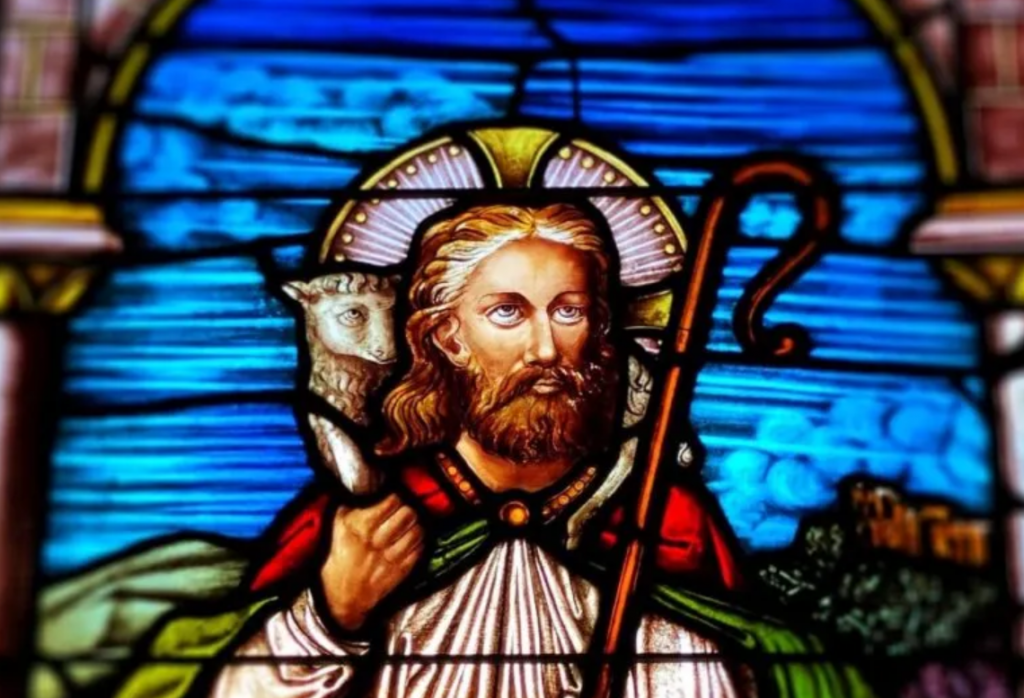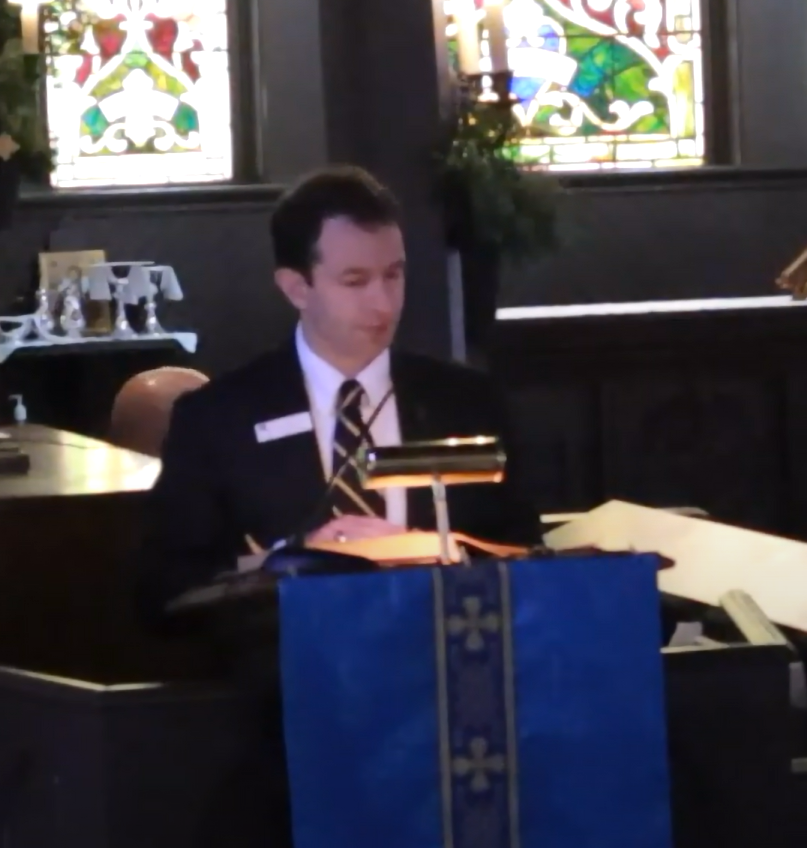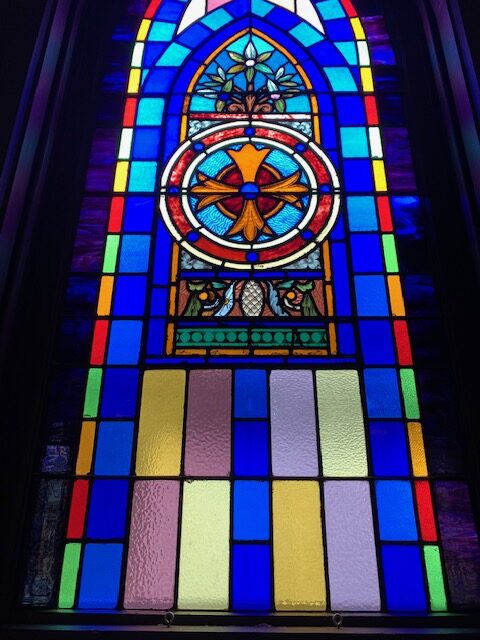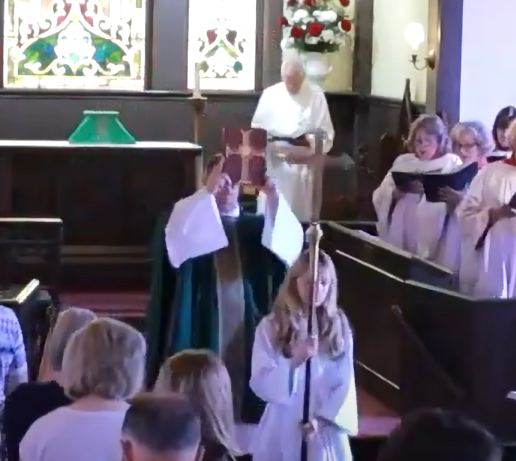“Blessed Lord, who caused all holy Scriptures to be written for our learning: Grant us so to hear them, read, mark, learn, and inwardly digest them” (Book of Common Prayer, p. 236)
We are Trinitarian – Believing in God as Father, Son, and Holy Spirit
As Episcopalians, we are followers of Jesus Christ, our Lord, and we believe in the Father, Son, and Holy Spirit. The Trinity is a perfect relationship of love in which neither unity nor distinctness of the divine persons is compromised. God’s life is understood to be dynamic, loving, and available to be shared in relationship with humanity for salvation.
We Stand for Love – Respecting the Dignity of All Created in God’s Image
Each time we, as a community, renew our Baptismal Covenant we promise to strive to respect the dignity of every human being. It saddens us that throughout our history, the Christian church has discriminated against particular groups for such a long time that we must explicitly state what should be obvious and self-evident. We strive to love our neighbors as ourselves and respect the dignity of every person, no matter race, religion, creed, gender identity, sexual-orientation, disabilities, socio-economic status, or otherwise.
We Follow Traditional Anglican Worship & Believe Men and Women Possess Equal Qualifications for Ordination
Our liturgy retains ancient structure and traditions and is celebrated in many languages. Both men and women, including those who are married, are eligible for ordination as deacons, priests and bishops.
We Believe in Forgiveness
We believe in amendment of life, the forgiveness of sin, and life everlasting. Lay people exercise a vital role in the governance and ministry of our church.
The Bible is Central to Our Worship & The Book of Common Prayer Guides Our Worship
We uphold the Bible and worship with the Book of Common Prayer. The Bible is our foundation, understood through tradition and reason, containing all things necessary for salvation. Our worship is filled with Scripture from beginning to end. Approximately 70% of the Book of Common Prayer comes directly from the Bible.
We believe that the Holy Scriptures are the living Word of God and should be studied and viewed in the context in which it was written. We also believe God still speaks to us today through Scripture. In addition to Scripture, the tradition of the Church throughout the ages also guides our understanding and application of Holy Scripture. Our ability to reason, to think, is given to us by God, and with the help of the Holy Spirit, guides the Church in the interpretation of the Scriptures.
Marriage and Divorce
We affirm that committed relationships are lifelong and monogamous. Episcopalians also recognize that there is grace after divorce and individuals who are divorced are welcome to participate fully in the life and Sacraments of the Church.
We affirm the choices and freedom of our members
We affirm that issues such as birth control are matters of personal informed conscience. We celebrate our unity in Christ while honoring our differences and a diversity of opinions, always putting the work of love before uniformity of opinion.
The Anglican Communion
The Anglican Communion is the gathering of Anglican and Episcopal churches from around the world. Today, the Anglican Communion comprises more than 80 million members in 44 regional and national member churches in more than 160 countries.
The Episcopal church is part of the Anglican Communion, and is comprised of 109 dioceses in 16 nations.
At the head of the Anglican Communion is the Archbishop of Canterbury, Justin Welby.
The Episcopal church, established shortly after the American Revolution, has its roots in the Anglican Church. The Anglican Church, known as the Church of England, had a strong following in colonial America. But when the colonies won their independence, the majority of America’s Anglican clergy refused to swear allegiance to the British monarch as was required. As a result, the Episcopal Church was formed.
The vibrancy of the Anglican Communion reflects the lives of its congregants and their commitment to God’s mission in the world.









